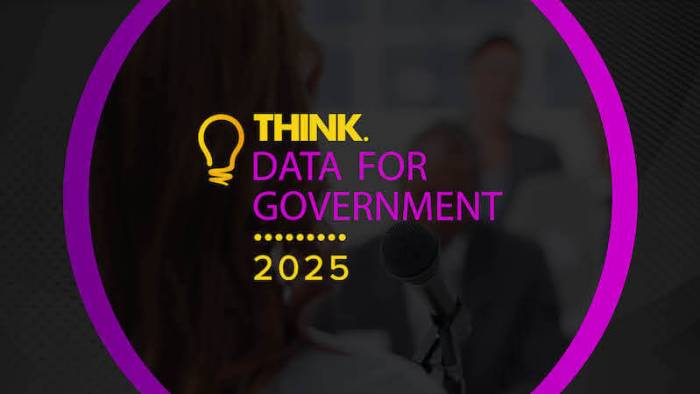National security agencies are under increasing pressure to move faster, smarter and with greater security.
They recognise that any outdated systems, alongside insufficient data foundations, present significant barriers to the public sector’s ambitions for leveraging artificial intelligence (AI). These systems are costly, inefficient, unreliable, difficult to change, and pose substantial security risks.

“Public sector organisations globally have high ambitions for AI, seeing it as a key enabler for greater efficiency, cost savings, citizen-centric services, economic growth, and innovation,” explained Chad Bond, Director of Strategy and Innovation at Zaizi.
But, alongside legacy tech, many services still rely on inefficient paper processes and manual backend operations. This hinders innovation, prevents the use of new technologies like AI, and leads to siloed, fragmented data that is difficult to share or use for data-driven insights.
The real-world consequences of neglecting these outdated systems and processes can be severe, as illustrated by the cybersecurity incident at the UK Legal Aid Agency (LAA).
As such, streamlining operations, strengthening data integrity, enhancing security, and enabling AI are now strategic imperatives for these government agencies.
The good news is that a recent report from Cap Gemini revealed that many public sector organisations are already implementing generative AI (gen AI), with national agencies and larger organisations leading the way. There is also strong interest in agentic AI, with 90 percent of organisations planning to explore, pilot, or implement it within the next 2–3 years.
AI pilots that demonstrate real benefits are helping to shape and validate organisations’ data strategies.
However, fewer than 25 percent of public sector organisations report high maturity in any aspect of data readiness, according to the report.
“The public sector still needs to build the necessary data foundations to harness AI effectively. These foundations include ensuring data availability, accessibility, quality, and governance, along with establishing a scalable data infrastructure,” said Bond.
Benefits of AI across government
Despite the challenges, modernising systems and adopting AI offer significant potential benefits, including achieving substantial savings.
If you liked this content…
A landmark government trial found that civil servants saved an average of 26 minutes per day —nearly two weeks per year — by automating routine tasks like drafting documents and summarising meetings. The report said that was equivalent to giving 1,130 people a full year back every year to focus on higher-value tasks, innovation or public service impact.
Separate research from the Alan Turing Institute finds that AI could support up to 41 percent of tasks across the public sector
This demonstrates AI’s potential to boost productivity and support goals like the government’s Plan for Change and wider efforts to modernise the state to deliver £45 billion in savings by making public services faster, simpler, and more accessible.
Creating strong data foundations
To bridge the gap between AI ambition and execution, public sector organisations need to strengthen their data foundations, said Bond.
Key actions include centring initiatives around citizens and employees, ensuring a clear vision and strong leadership for data management and AI, fostering a data-driven culture, nurturing analytical and AI skills (especially among business users), strengthening processes with strong data governance and responsible AI practices, and focusing on gradual modernisation of the data landscape
“Building the right technological foundation is essential, particularly investing in a robust cloud-based data infrastructure for scalability and computational power,” he said.
“Ensuring the interoperability of data and IT systems is also crucial to facilitate data sharing, which is vital for solving complex challenges and enhancing AI model performance.”
Ultimately, overcoming the challenges posed by legacy systems and building strong data foundations is imperative not only to harness the transformative power of AI but also to address fundamental issues like security and trust, leading to more efficient, cost-effective, and responsive governance.
Bond said, “Digitisation, automation and legacy modernisation are technical necessities and a strategic enabler for operational agility and AI adoption within national security and government environments.”
Hear more about how digitisation, automation and the modernisation of legacy systems are no longer nice-to-haves, but necessary for operational agility and AI adoption at the upcoming Think Data for Government event.








